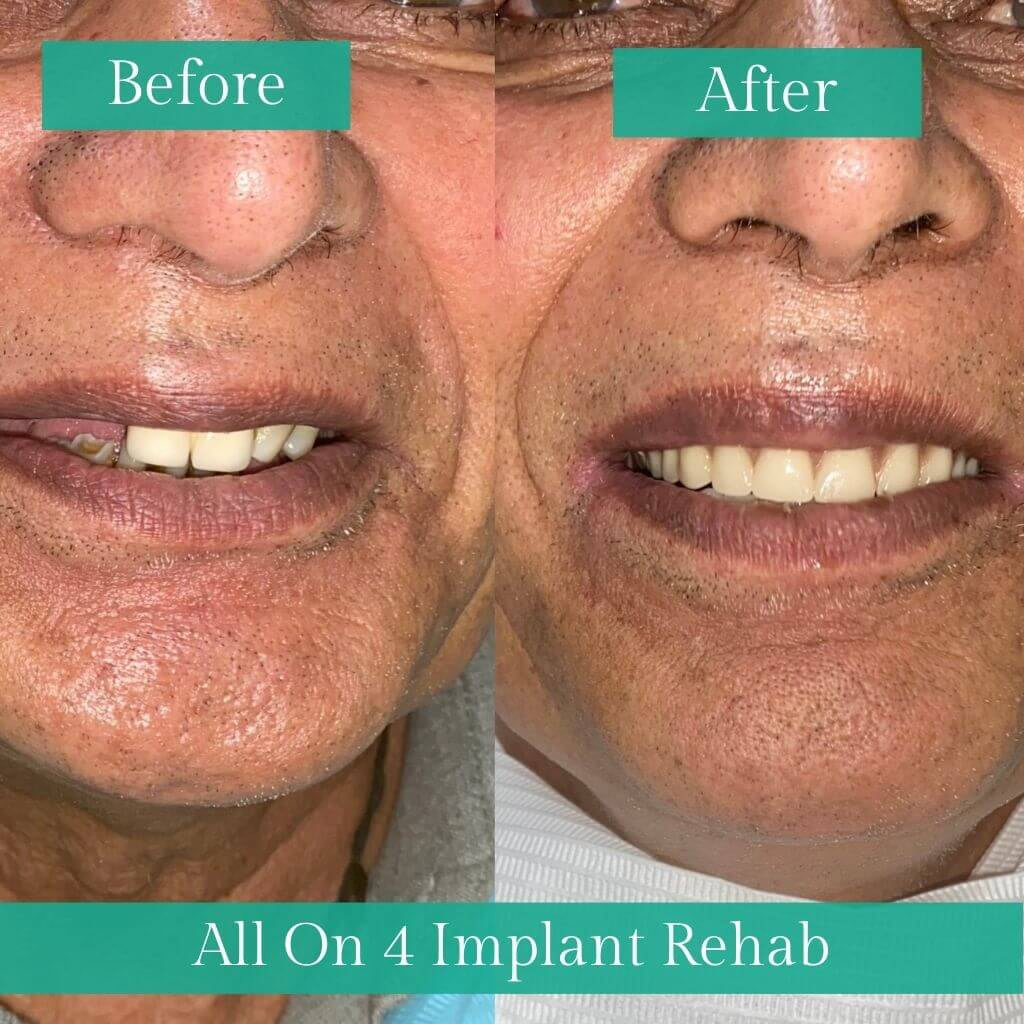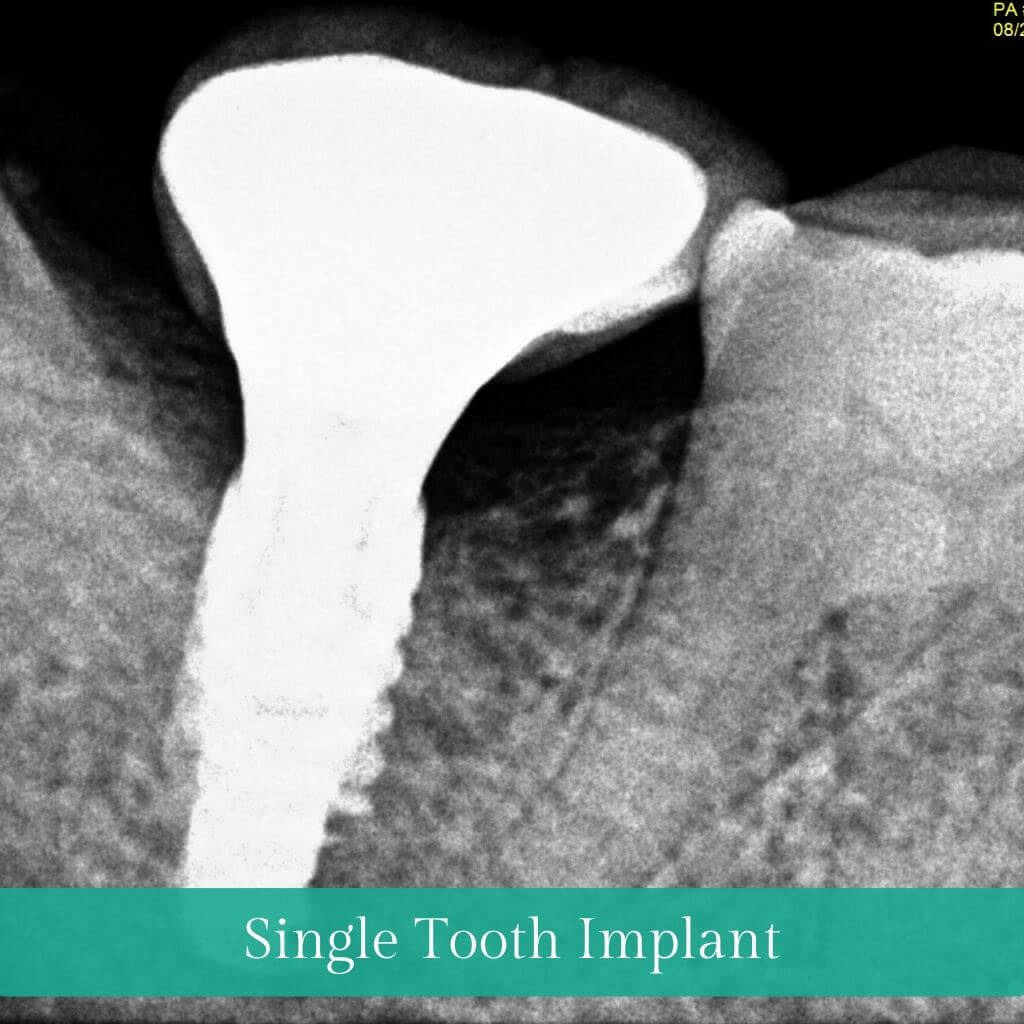Are Dental Implants a Cost-Effective Option for Tooth Replacement?
Indeed, modern dentistry has made remarkable advancements, enabling the replacement of missing teeth through the use of dental implants. However, one of the common misconceptions about dental implants is that they burn a hole in the pocket! If you're considering this innovative option for tooth replacement, you may be wondering if dental implants are cost-effective.
In this article, we'll explore the benefits, factors, and tips that can help make dental implants a more affordable option.
Key Takeaways
- Dental implants represent a reliable and enduring solution for addressing tooth loss.
- Implants provide a natural-looking and functional alternative to missing teeth.
- The cost of dental implants can fluctuate depending on several factors, including the type of implant employed, the implant's location, and the procedure's complexity.
- Through diligent care and maintenance, dental implants can endure for many decades, making them a wise and enduring investment in one's oral health.
What Are Dental Implants and How Do They Work
You may be wondering what dental implants are and how they work. Dental implants are an innovative treatment option for those who've lost teeth due to injury or disease.
Dental implants are undeniably an outstanding solution for addressing the problem of missing teeth. They involve surgically placing an implant into the jawbone to act as a replacement for the lost tooth. Afterwards, a dental crown, bridge, or denture is connected to the implant, creating a secure and natural-looking replacement. Dental implants offer numerous advantages compared to other tooth replacement options.
Dental implants are an important part of a treatment plan for those who've experienced tooth loss. The implant treatment is a permanent solution that won't need to be replaced or adjusted over time. By getting dental implants, you can avoid bone loss and maintain the health of your mouth. They're also durable and can last a lifetime with proper care and maintenance.
Benefits of Dental Implants for Tooth Replacement
Not only are dental implants a secure and natural-looking solution for tooth replacement, but they also offer numerous other benefits.
- Durability: With appropriate maintenance and care, dental implants can endure a lifetime, whereas bridges and dentures typically necessitate replacement every 5-10 years.
- Function: Dental implants excel at replicating the functionality of natural teeth, surpassing other tooth replacement options, and granting you the confidence to speak, eat, and smile without hesitation.
- Aesthetics: Dental implants closely resemble natural teeth, potentially enhancing both your self-esteem and overall quality of life.
- Oral health: Dental implants indeed provide an outstanding solution for addressing the issue of missing teeth. All in all, dental implants offer a number of benefits that make them an attractive option for tooth replacement. With diligent care and maintenance, implants can endure a lifetime, offering a remarkable return on investment.
Dental Bridge vs. Dental Implant
Replacing a missing tooth can feel overwhelming with so many options. Two popular choices are dental bridges and implants, but they work in very different ways.
- Dental Bridges : These "bridge" the gap left by a missing tooth by anchoring an artificial tooth to the neighbouring teeth. They’re faster to complete and slightly less expensive upfront. However, they require the healthy teeth next to the gap to be filed down for support, which could potentially make them more prone to decay in long run. Bridges also don’t prevent bone loss in the area where the tooth is missing.
- Dental Implants : Implants are like a fresh start for your tooth. A titanium post is placed in your jawbone, acting as a sturdy root for a new crown. Implants are durable, preserve jawbone health, and don’t involve nearby teeth. While they may cost slightly more and take longer to complete, they’re a long-term solution that feels and functions like a natural tooth.
What to Choose
If you need a quick, non-surgical fix, a bridge might suit you. But if you’re looking for a permanent, bone-friendly solution, a dental implant is the way to go.
Dental Implant vs. Crown
It’s easy to confuse a crown with an implant, but they serve different purposes.
- Dental Crowns : Crowns act as a shield for a damaged or weak tooth. They’re placed over the tooth to restore its shape, strength, and appearance. Crowns are a great choice when the tooth’s root is still healthy, but they rely on the natural tooth to stay in place.
- Dental Implants : Implants come into play when the entire tooth, including the root, is missing. They replace both the root and the crown, offering a strong, standalone solution.
What to Choose
Go for a crown if your tooth can still be saved and needs extra protection. If the tooth is missing or beyond repair, a dental implant is your best bet.
Dental Implant vs. Fixed Partial Denture (FPD or bridge)
Both dental implants and fixed partial dentures (FPDs) replace missing teeth, but they take different approaches.
- Fixed Partial Dentures : Often called bridges, FPDs use the surrounding teeth for support. They’re faster and more affordable, but they don’t address bone loss and can weaken the teeth they rely on in long run.
- Dental Implants : Implants are a more advanced solution. They’re placed directly in the jawbone, acting as a strong foundation for the replacement tooth. While they cost more and take longer, they last longer and help maintain bone health.
What to Choose
Choose an FPD if you want a simpler, cost-effective solution. Opt for a dental implant for better durability, function, and jawbone preservation.
Dental Implant vs. Root Canal
When faced with a severely damaged or decayed tooth, you may wonder whether to save it with a root canal or replace it with an implant.
- Root Canal Treatment (RCT) : Root canals are designed to save your natural tooth. The infected pulp is removed, and the tooth is sealed. With a crown for extra protection, a root canal can keep your tooth functional. However, the treated tooth may become brittle over time.
- Dental Implants : If the tooth can’t be saved or is already missing, implants are the go-to option. They provide a permanent solution but involve tooth extraction, surgery, and a longer recovery period.
What to Choose
Stick with a root canal if your natural tooth can be preserved. If the tooth is too damaged or missing, a dental implant offers a strong, lasting alternative.
Factors influencing the cost of dental implants
The cost of dental implants may differ depending on several factors.
- Pre-surgical procedures: If you need any preliminary procedures, such as bone grafting or sinus lifting, these costs will be added to the overall cost of the treatment.
- The number of implants: The greater the number of implants required, the higher the procedure's cost is likely to be.
- The type of implants: There are different types of dental implants available, each with its own cost. For example, endosteal implants usually come with a higher price tag compared to subperiosteal implants.
- The availability of the bone for implants: The location of the implants can also affect the cost. For example, implants placed with the help of adjuncts like sinus lifts, nerve transpositioning or bone grafting in cases of deficient bone may incur additional procedures and costs.
- Abutments and crowns: The abutments and crowns that are placed on top of the implants are also included in the cost of the treatment.
- Aftercare: You will need to follow up with your dentist regularly after surgery to ensure that the implants are healing properly and to ensure hygiene maintenance in your implant tooth.
Comparing the Durability and Lifespan of Dental Implants
Implant technology has come a long way, and today's implants are more durable than ever before. In most cases, implants can last for decades with proper care and maintenance. As long as the implant is well-cared for and not subjected to extreme forces, it should remain securely in place.
In a 2020 study, researchers found that the 10-year survival rate of dental implants was 95.7%. This means that 95.7% of dental implants placed 10 years ago were still functioning properly.
The same study also found that the 20-year survival rate of dental implants was 85.3%. This means that 85.3% of dental implants placed 20 years ago were still functioning properly.
While dental implants are very durable and long-lasting, it is important to note that they are not indestructible. With poor oral hygiene or excessive trauma, dental implants can fail. However, with proper care, most dental implants will last a lifetime.
Here are some tips for extending the lifespan of your dental implants:
- Maintain a daily oral hygiene routine by brushing and flossing your teeth twice a day.
- Make sure to schedule routine check-ups and cleanings with your dentist.
- Avoid smoking and excessive alcohol consumption.
- Eat a healthy diet.
- Refrain from biting down on solid items like ice or hard candies.
Tips for making dental implants more cost-effective
If you're considering dental implants, there are several ways to make them more cost-effective. Here are three tips to help you maximize your health and experience during dental treatment:
- Research additional procedures and treatments, such as bone augmentation that could be beneficial to the success or longevity of the implant.
- Ask your dentist to provide an itemized list of all costs associated with the dental implant, such as anaesthesia, the implant, crown, and follow-up visits.
- Look into dental discount plans and dental insurance policies that can help you save on the cost of the implant.
- These are just a few of the ways you can make dental implants more cost-effective while ensuring you're getting the best quality of healthcare.
Is it worth it?
Yes, dental implants can be a highly worthwhile investment for many people, providing excellent durability, functionality, and oral health benefits. While they may initially have a higher upfront cost compared to alternatives like dentures or bridges, their long-term value often justifies the expense.
Dental implants provide a lasting and comfortable solution that can enhance your quality of life and boost your long-term confidence. Ultimately, the decision to get dental implants should be made after careful consideration of your individual needs, budget, and oral health goals. Consulting with Hope Dental & Esthetic Clinic, Noida, can help determine if they're worth it for you. Dental implants start for as low as Rs.15000/- at Hope Dental and Esthetic Clinic Noida, making them one of the most affordable options.
So go ahead, be a daredevil and get those dental implants - you won't regret it!




